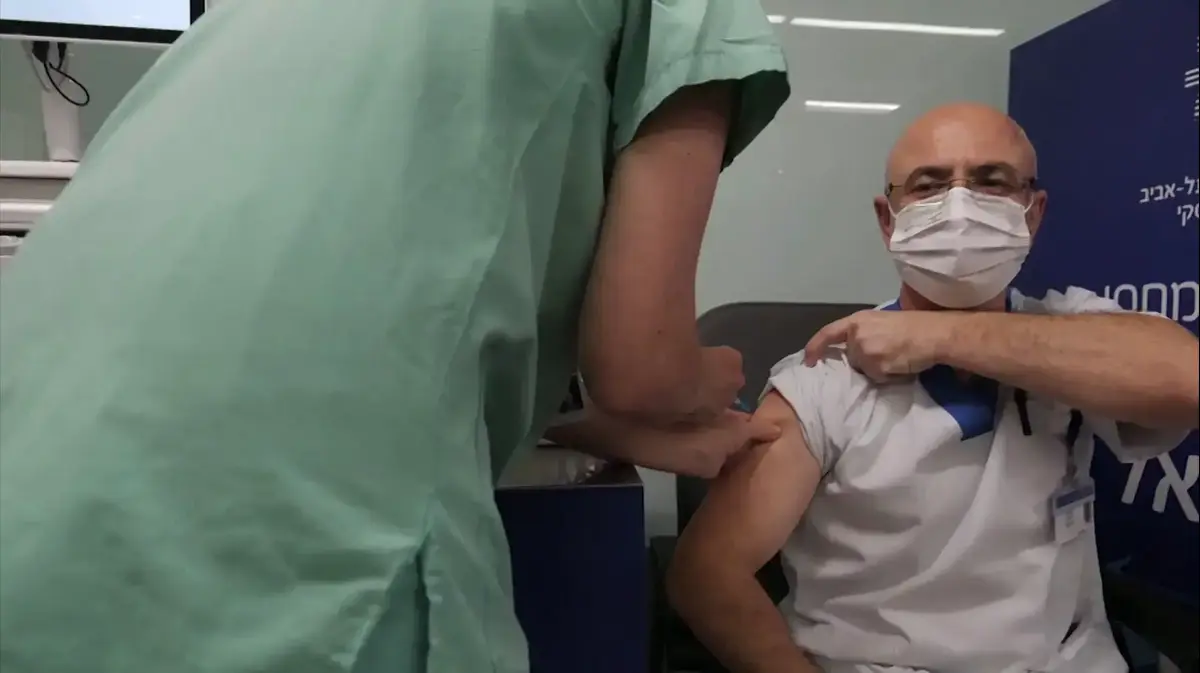More than five million people did not come for their second dose of the coronavirus vaccine in the United States within three weeks of receiving the first, despite the fact that it is necessary to have both to achieve a complete immunization.
They are almost 8% of those who received the first injection of the Pfizer-BioNTech or Moderna vaccines, according to data from the Centers for Disease Control and Prevention (CDC, for its acronym in English).
The Johnson & Johnson vaccine only requires one dose.
[Plan your vaccination: this tool helps to know who is eligible and where to schedule an appointment]
Many of the people who do not show up for the second dose say they fear possible side effects
, similar to those of the flu, and others say they feel sufficiently protected with the first injection, according to The New York Times.
Another alleged reason is that several vaccine suppliers canceled appointments for the second dose because they ran out of supplies or did not have the appropriate manufacturer's brand for each customer in their warehouse.
In states like Arkansas and Illinois, health officials have ordered their teams to call, text or send letters to remind each resident to come in for the second injection.
South Carolina has assigned several thousand doses specifically for people who have not received that second injection.
[Still have questions about the COVID-19 vaccine? A doctor answers the most controversial questions]
Scientific evidence supports that although a single dose provides partial protection against COVID-19, it is unclear how long it lasts, as a single injection triggers a weaker immune response and can leave receptors more susceptible to the most dangerous variants of the virus. virus.
A doctor clarifies doubts about the safety of the J&J vaccine against COVID-19
April 26, 202103: 21
To date there is only one single-dose vaccine approved in the United States, manufactured by Johnson & Johnson.
Its distribution stopped this month after it was linked to a very rare but serious side effect.
Federal health officials recommended restarting use of the vaccine on Friday, but fear is likely causing fewer people to want to get vaccinated from this manufacturer.
[This Florida family became a millionaire selling a "miracle" cure for the coronavirus. It was toxic bleach]
Keidy Ventura, 17, receives his first dose of COVID-19 vaccine from Pfizer-BioNTech, in West New York, NJ, on Monday, April 19, 2021.AP Photo / Seth Wenig
The CDC notes that there is limited data on the effectiveness of the vaccine when injections are separated by more than six weeks, although some countries, including Britain and Canada, are giving injections up to three to four months apart amid shortages of dose.
In Arkansas, about 84,000 people have failed their second injections, representing 11% of people eligible for those injections, according to Dr. Jennifer Dillaha, a state epidemiologist.
[India leads a new wave of coronavirus infections globally]
There are rare cases in which people give up the second injection after suffering slightly more severe side effects than normal, such as an allergic reaction or a headache.
Trump promotes COVID-19 vaccination on the front page of the New York Post
April 24, 202100: 26
The CDC's count of the second missed doses is as of April 9.
Covers only people who received a first dose of Moderna before March 7 or a first dose of Pfizer before March 14.
The United States already exceeds 32.3 million infections and more than 576,000 deaths from coronavirus
, according to data from NBC News, sister network of Noticias Telemundo.
More than 140 million (42% of the population) have received the first dose of any of the approved vaccines, and nearly 96 million (29%) are already fully immunized, according to CDC data.
With information from The New York Times.















